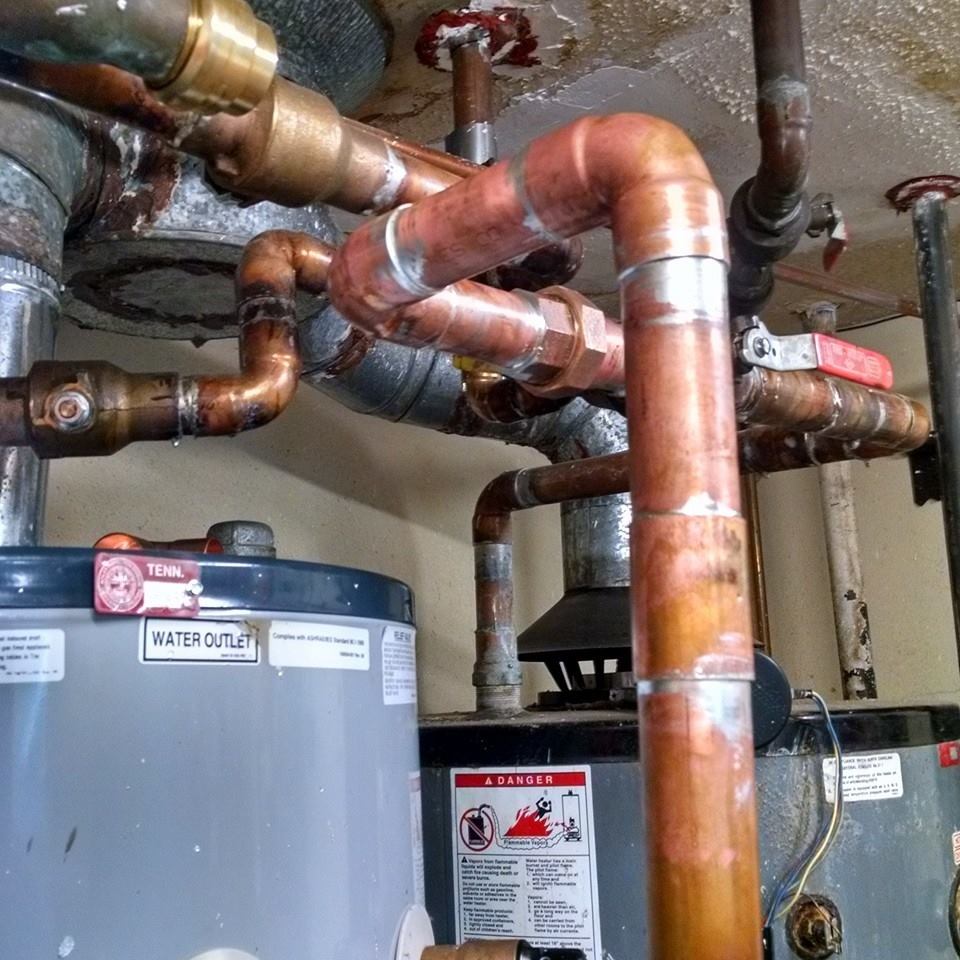
The Ultimate Guide to Troubleshooting Low Water Pressure Nov 15, 2025
First, it's important to determine if the low water pressure is isolated to one fixture or if it affects your entire home. If it's just one sink or shower, the issue likely lies within the fixture itself. Start by checking the aerator or showerhead for mineral build-up. Mineral deposits can significantly obstruct water flow and cleaning them can often resolve the issue quickly. Soak the affected part in vinegar overnight to dissolve minerals and rinse thoroughly before reattaching it.
If the low water pressure is widespread, there are broader causes to consider. One common issue is a clogged or partially closed main shut-off valve. Ensure this valve, usually located near the water meter, is fully open. Sometimes, simply turning the valve all the way open can restore normal pressure levels.
Next, check for leaks within your plumbing system. A leak not only reduces water pressure but can also skyrocket your water bill and cause structural damage over time. Inspect pipes for signs of moisture or visible damage. If you suspect a leak, contact a professional plumbing service like Goss Plumbing & Drain Co. LLC to conduct a thorough inspection and repair.
Faulty pressure regulators can also result in low water pressure. If your home is equipped with a pressure regulator, it might need adjustment or replacement. This device is typically located near the main line, and a malfunction can lead to inconsistent pressures throughout your home. Checking and adjusting this component often requires professional assistance to ensure accuracy and to avoid further complications.
Another possible culprit is corrosion within your pipes. Older homes frequently experience reduced water flow due to rust buildup inside galvanized steel pipes. Unfortunately, resolving this typically requires re-piping or replacing sections of the plumbing system. Consult with professionals to assess the extent of the corrosion and discuss your options.
Low water pressure can also be a community-wide issue, especially during peak usage times. If your neighbors are experiencing similar problems, it may be necessary to contact your local water provider. They can inform you about any maintenance activities or issues affecting supply levels in your area and give guidance on expected resolution times.
Finally, if you've ruled out all possible internal causes and external factors, it might be time to consider installing a pressure boosting system. These systems can effectively increase pressure throughout your home and are a worthwhile investment if low water pressure is a consistent issue.
In conclusion, low water pressure can be a minor inconvenience or a sign of more serious plumbing issues. By taking these steps, you can potentially resolve the issue yourself or identify when professional help is needed. At Goss Plumbing & Drain Co. LLC, we're always ready to assist with any plumbing challenges, ensuring your home’s plumbing runs smoothly. Contact us to learn more about our services and how we can help maintain efficient water flow in your home.
/filters:no_upscale()/media/5ace2215-e474-4ea6-9c77-10b6dbe1b78a.jpeg)
/filters:no_upscale()/filters:format(webp)/media/3ba9e334-e63f-4edb-b3af-23c9b31bdbea.jpeg)